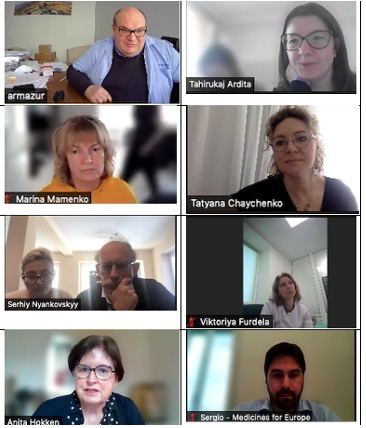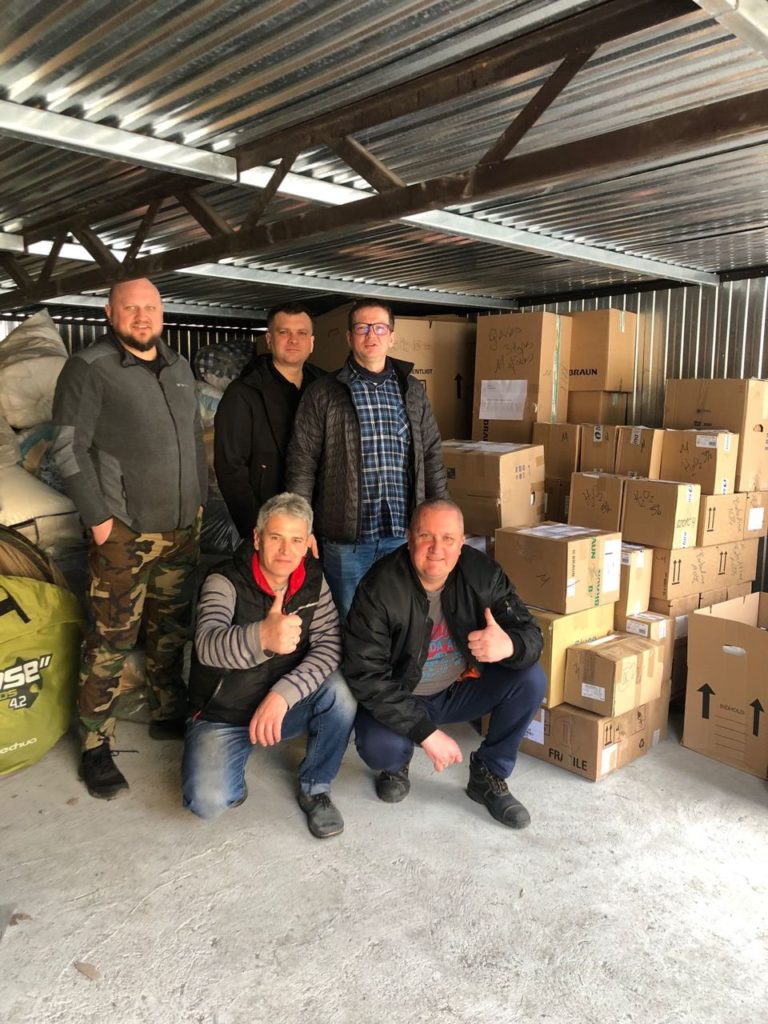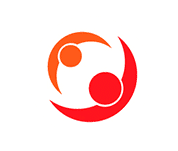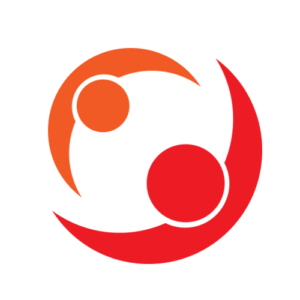news
Coordination platform ‘Children of Ukraine’. How does it work?
The war changed our usual life. Something that recently seemed impossible to imagine has become our reality. Children are silent victims of any war. Even if the total number of deaths and injuries is always higher among the adults, the victims among children are the most impressive. However, children suffer not only from direct hits from various types of weapons. For them, war is also a risk of losing their parents, suffering severe psychological trauma, being restricted in access to water, food, medicine, and adequate medical care.
In addition, the war is also the collapse of the usual logistical ways of obtaining all necessary things. That’s why it’s always time for the volunteer movement, which is so inherently to our society. From the first days of Russian aggression, the Ukrainian Academy of Pediatric Specialties has been working to coordinate the efforts of various organizations and initiative people who are trying to help the children of our country.
In order to achieve this goal, an online platform has been created on our website, which allows us to conveniently collect information about the urgent needs of organizations that provide medical care to children, and find resources to meet such requirements. One of the most important parts of this job is the active cooperation of scientists, doctors, public organizations, international and national associations.

An important role in this partnership is played by our closest neighbors – the Polish Pediatric Society and the University of Rzeszow. They took on the extremely difficult and complicated assignment of coordinating, on the one hand, the flow of refugees from Ukraine, including children with special problems, and, on the other, the delivery and distribution of a large share of humanitarian aid to Ukrainian children.
Artur Mazur, Vice-Rector of University of Rzeszów, vice president of Polish Pediatric Society, prof. n. med. dr hab. brought WHO representatives Ardita Tahirukaj, Uta Enderlein Silvia, Vice-President of Ukrainian Academy of Pediatric Specialties Marina Mamenko, Professor of the Pediatric Faculty №1 of Kharkiv national medical university Tetyana Chaychenko, who currently heads the UAPS humanitarian headquarters, Head of department of Pediatrics №1 of Danylo Halytsky Lviv National Medical University, doctor of medical sciences, professor Serhiy Nyankovskyy, professor of Department of pediatrics and neonatology FPGE Danylo Halytsky Lviv National Medical University Olena Nyan’kovska, Associate Professor of Pediatrics №2 of Ternopil National Medical University Victoria Furdela together online to discuss the situation in Ukraine. This working group holds regular meetings 1-2 times a week using Zoom’s video platform, but communication in messengers takes place round the clock.
At different stages to meetings in the working group were involved Anita C.S. Hokken-Koelega – secretary general of ESPE, Joachim Wolf – Professor at the University of Erlangen, Head of the Children’s Clinic, Secretary of the German Pediatric Endocrine Societies (Germany), Natalia Zelinska – professor, President of the Association of Pediatric Endocrinologists of Ukraine, Sergio Napolitano – representative of Medicines for Europe, representatives of various volunteer organizations and Lviv Regional State Administration.


During this time, a logistics headquarters was formed in Rzeszów with the support of the city administration. Humanitarian aid from different parts of Europe is collected, sorted and labeled here. Employees and students of the University of Rzeszów are involved in the work. The supply and distribution of drugs needed for the treatment of children with endocrine diseases has been established. A batch of therapeutic nutrition for children with phenylketonuria was sent to experts in rare diseases. There are already the first victories. Doctors from Kharkiv, Chernihiv, Kyiv, and different parts of Ukraine receive baby food, diapers, and medicines for their young patients. Hospitalization in Polish clinics and referral of Ukrainian children with injuries and chronic diseases to different countries of the world is coordinated.
However, much remains to be done to ensure that the country’s medical facilities, which continue to rescue and treat children at this difficult time, receive timely targeted care, and that our country’s children suffer as little as possible from the war.

